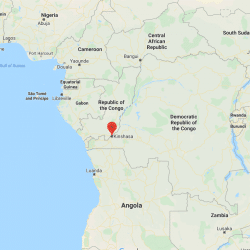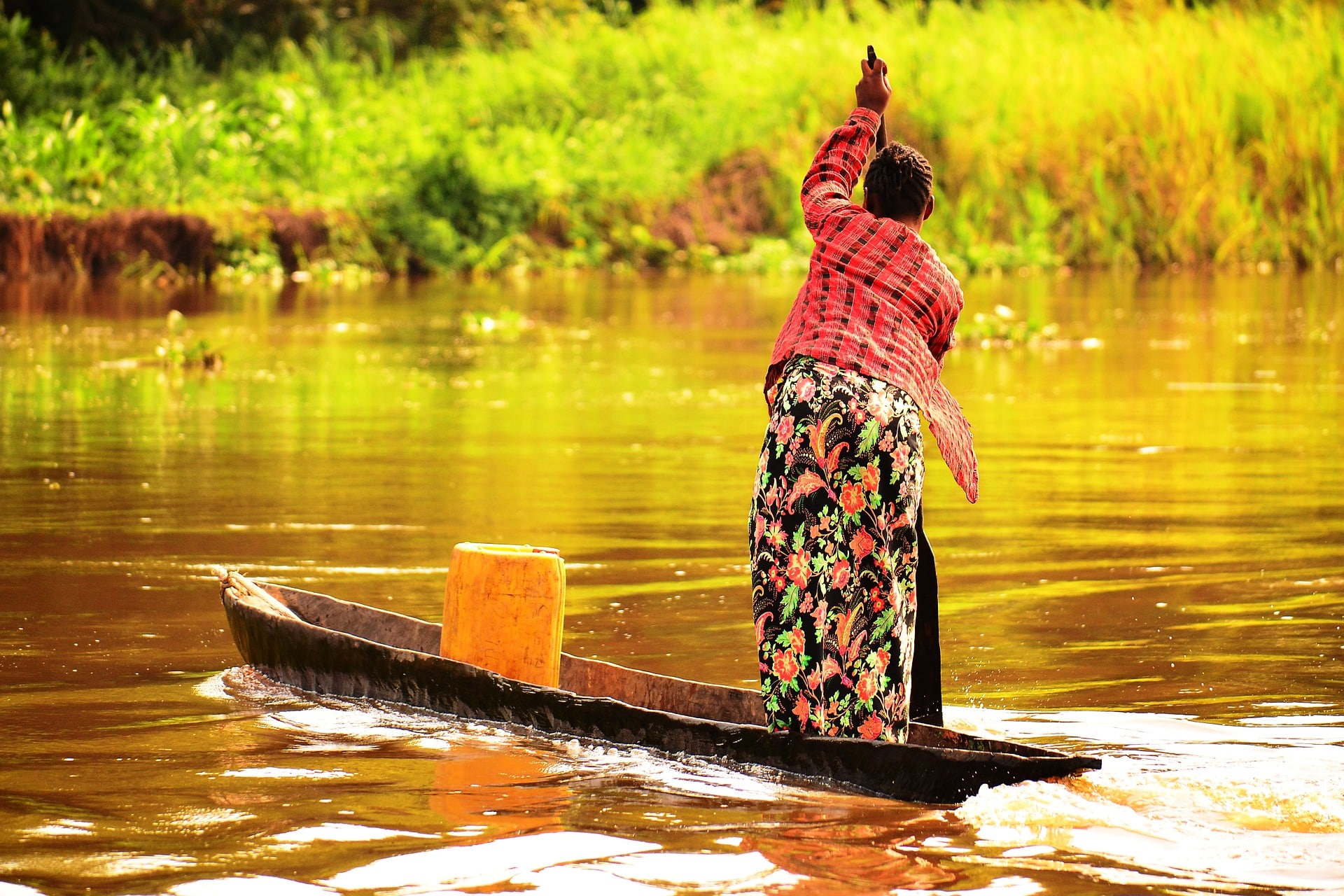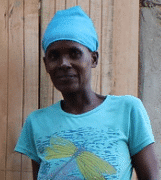Context
Despite having one of the world’s largest reserves of minerals, oil, wood and virgin lands that are very fertile, the DRC is one of the world’s poorest nations. It ranks 179th out of the 189 countries listed in the United Nations Development Program’s (UNDP) Human Development Index.
The North Kivu province and its capital, Goma, have made headlines around the world over the past few years, as the Congolese army and rebel groups terrorized the local population, forcing thousands of families into exile. For all these refugees, the default destination is Goma due to the presence of MONUSCO, the United Nations Organization Stabilization Mission in the Democratic Republic of the Congo, which has been authorized to provide regional security. In just a few weeks in 2011, the population of Goma swelled from 400,000 to more than 1.1 million inhabitants by 2012.
FXB in DRC: Children on the frontline
This massive influx of refugees has further increased the level of misery in the city. Poverty is a daily reality for the majority of residents, 60 percent of whom are children. The population of North Kivu suffers from unbearable living conditions due to poverty, ignorance and anarchy.
FXB in action
From 2012 to 2014, three poverty reduction FXBVillage programs have been developed in the areas of Keshero, Bukama et Ndosho (Goma), enabling nearly 2,000 adults and children to escape extreme poverty by acquiring the skills needed to survive. More than 6,000 people have benefited from FXB’s presence in their communities through various capacity building trainings.
Malnutrition, conflicts, disease, unsanitary housing… Goma’s poorest people face a variety of complex challenges. It would be a mistake to only address the issue of income! Partial aid, addressing only one cause of poverty, is not a sufficient solution to overcome it.
Therefore, our Economic and Community Development FXBVillage Model, initiated in 1991, allowed us to provide, in three years, a complete response to the fundamental causes of poverty by simultaneously acting on its predominant factors. Fighting poverty also implies fighting gender discrimination and balancing relations between men and women so that women, who are more exposed to poverty, can have access to the same economic and social opportunities.


